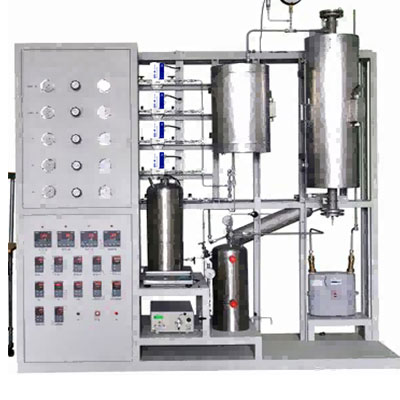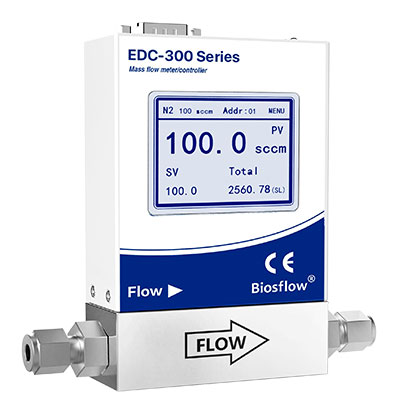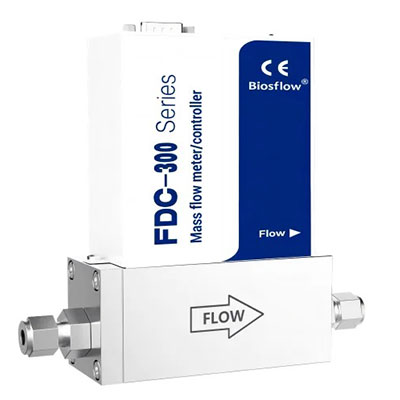Gas mass flow controller are widely used in catalyst evaluation devices, mainly because they can accurately control gas flow rate. Therefore this is crucial for experimental operations in catalyst evaluation devices.
[one_third padding=”0 10px 0 0″] [/one_third][one_third padding=”0 10px 0 0″]
[/one_third][one_third padding=”0 10px 0 0″] [/one_third][one_third_last padding=”0 10px 0 0″]
[/one_third][one_third_last padding=”0 10px 0 0″] [/one_third_last]
[/one_third_last]
The role of gas mass flow controllers in catalyst evaluation devices
In the catalyst evaluation device, the gas mass flow controller can control the flow of various gases, such as hydrogen, nitrogen, oxygen, etc. This allows researchers to accurately measure and compare the performance of different catalysts under specific conditions.
For example, researchers can adjust the reaction conditions by controlling the flow of gas to better understand the performance of the catalyst under different conditions. At the same time, by using the mass flow controller, researchers can also more accurately measure the activity of the catalyst, thereby more accurately evaluating the performance of the catalyst.
In addition, the gas mass flow controller can also be used in other occasions where precise control of gas flow is required, such as chemical reaction experiments, material synthesis, etc. In these fields, the application of gas mass flow controllers can greatly improve the accuracy and repeatability of the experiment.
The gas mass flow controller plays an important role in the catalyst evaluation device, which can help researchers more accurately measure and compare the performance of different catalysts. At the same time, it can also be used in other occasions where precise control of gas flow is required, providing an important tool for scientific research and production.
Biosflow gas mass flow controller model recommendation
The FDC-320 and EDC-320 MFCs produced by our company have a flow range from 5 ml/min to 30 liters/min and a maximum working pressure of 10 Mp. It is particularly important to point out that this series uses the industry-leading high-pressure differential valve, which can work normally in the extremely high-pressure differential range of 2-50 bar. For petrochemical reaction experimental devices, experiments are often required under different pressure conditions, so MFCs with a high-pressure differential dynamic range are particularly critical. This series has been recognized by many companies in practical applications and has received good market feedback.
